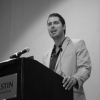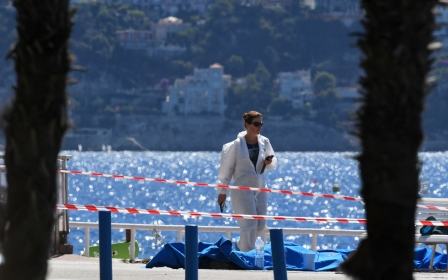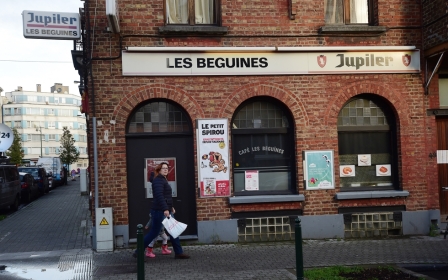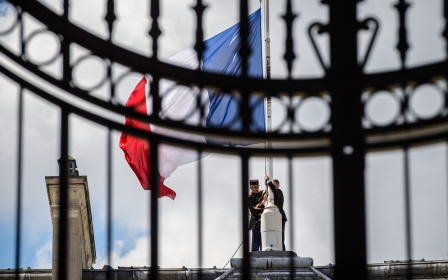We need more Islam to counter the so-called Islamic State
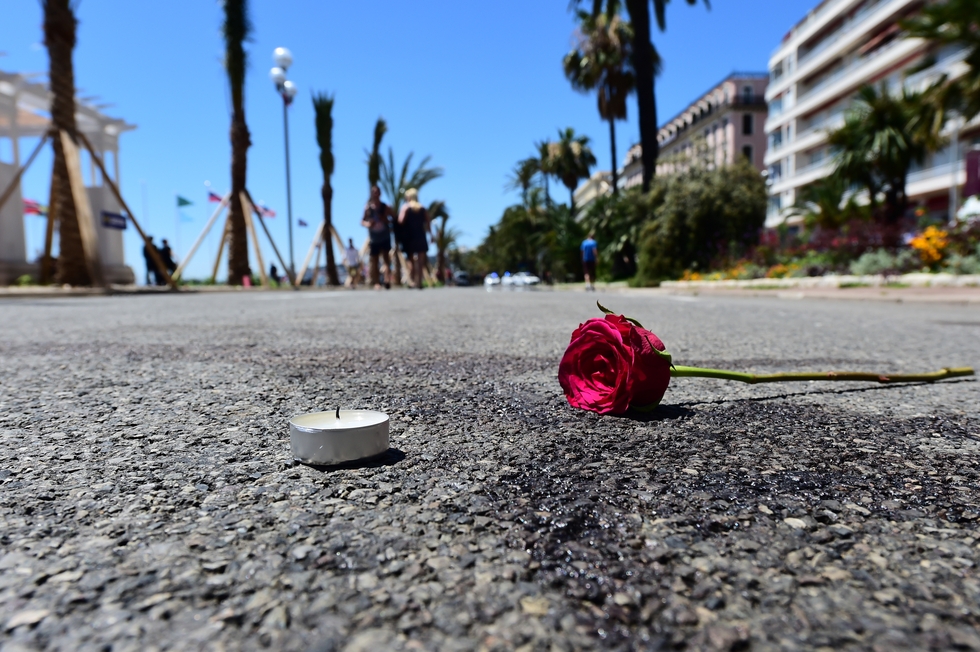
There are not too many jobs I would’ve volunteered for during the Second World War. The least of all would’ve been the job of a British bombardier, a task that guaranteed almost certain death. Only 12 percent of British bomber crews would survive 50 missions, and more than 50 percent met their maker before they’d had completed just 10 sorties.
These survival rates would’ve been a lot worst were it not for the British statistician Abraham Wald, who was tasked with figuring out how best to improve the armour of the Lancaster bomber.
Wald analysed the damage sustained to returning aircraft from German anti-aircraft installations. He determined that more armour was needed where there were no signs of damage. “Wait, what?” replied the British RAF. Wald replied that given he couldn’t analyse aircraft that had been shot down, it was statistically probable that surviving aircraft were being hit where those that had been shot down weren’t.
The moral of the story is this: the best solutions to some of our most pressing problems are often counter-intuitive.
This is a lesson we should also apply to our efforts to counter terrorism, but 15 years after the September 11 attacks, US and European counter-terrorism strategies could still be described as reactionary, rather than methodical. And last week’s attack in Nice, France, should give us further reason to pause.
While counter-terrorism strategies involve a blend of hard and soft power, three consecutive decades of bombing the Middle East and Central Asia is arguably all the evidence we need to conclude the obvious: we cannot bomb our way to peace and security.
As such our efforts to defeat “Islamic” terrorism should evolve more into counter-insurgency, rather than counter-terrorism. We must win hearts and minds, and we must defend the “Greyzone” of coexistence between Muslims and the West – a zone of coexistence that Islamic State group so desperately aims to dissolve – thus forcing European and American Muslims to choose between Western countries that find Muslims undesirable and a pseudo-Caliphate.
Since 9/11, however, Western governments have done everything possible to make terror groups like al-Qaeda and ISIS more attractive.
We have infiltrated mosques, expanded surveillance of Muslim communities, implemented government funded community watch programmes that turn school teachers into intelligence agency informants (Prevent UK), passed Islamophobic driven anti-Sharia law legislation, while some politicians on the right have pleaded for Muslim ID badges, patrols of Muslim neighbourhoods, and even internment camps.
Beyond legislation and counter-terrorism policy, far-right talking heads and pundits have demonised Muslims and Islam to make the case that Muslims are incompatible with Western values.
For the past 15 years, the message to Muslims in the West has been clear: we want less Islam, therefore we want less of you.
But here’s the counter-intuitive solution to our terrorism problem: we need more Islam. More Islam will protect us against those who might emulate the recent attacks in Paris, Brussels, Orlando, and now Nice.
More Islam means more mosques, more Muslim voices on television, more Muslims elected to political office, and fewer laws that limit tolerable religious expression.
A critical new study into radicalisation by Islamic State (IS) experts Will McCants and Chris Meserole bears out exactly how important integrating Muslims in Western societies is to defeating the current terror threat. Using data compiled on every known foreign fighter who has travelled to Syria during the period 2011-14, and using a variety of subset data that includes analytics about the country from which each foreign fighter travelled to Syria from, the authors of the study found that hyper-secular laws create instant terrorists.
Of the three countries to have sent the most fighters to IS, that is countries that do not border the conflict zone, each – France, Belgium and Tunisia – had passed a variety of bills that either ban or restrict the wearing of Islamic clothing – notably veils and headscarves.
“What we think matters most here is not the bill or law itself, but the political discourse around it – particularly the way it heightens, for a time, popular conceptions that it is not possible to have both a Western or secular nationalist identity, and also a Muslim one,” says Meserole.
The respective Paris, Brussels, Orlando and Nice attackers were not radicalised on foreign battlefields. They were radicalised at home – in France, Belgium, and the United States. Moreover, not one of them came from highly religious backgrounds. All were the “bitter fruits of alienation.” All were the products of disadvantaged communities that face absurdly high unemployment rates, and even higher rates of police surveillance and incarceration.
The Nice attacker was described as “non-religious” and as someone who preferred “pork, alcohol and drugs” to the faith of his parents. While we do not yet know his motivations, or his sworn allegiances, it’s reasonable to assume religious ideology had nothing to do with his sudden turn to unspeakable violence.
In 2008, Britain’s intelligence agency MI5 made the following observation, as described here by The Guardian:
“Far from being religious zealots, a large number of those involved in terrorism do not practice their faith regularly. Many lack religious literacy and could actually be regarded as religious novices. Very few have been brought up in strongly religious households, and there is a higher than average proportion of converts. Some are involved in drug taking, drinking alcohol and visiting prostitutes.”
MI5 also concluded: “There is evidence that a well-established religious identity actually protects against violent radicalisation.”
In other words, the solution is more Islam, not less Islam.
These attackers are susceptible to IS propaganda because they lack the basic historical and contextual understanding of the faith they think they’re buying into. These attackers are not Muslim. These attackers are losers and misfits who seek a banner to attach to their criminality and rage. A rage that is often stoked by a perception that life is unfair and unjust for those who share a cultural identity with Islam.
When I interviewed former jihadist Mubin Shaikh he told me jihadist recruiters exploited his ignorance of Islamic scripture, and that it was only by gaining a deeper and scholarly understanding of his faith that he was able to decipher the bullshit in jihadist propaganda, which also goes a long way to explaining why the number one selling book for Western jihadists traveling to Iraq and Syria is Islam for Dummies.
If we are to defeat this particular terrorist threat, we need to do more to make Islam accessable and more acceptable to those who might by sympathetic to terrorist propaganda. Banning burqas, protesting against mosques, and the draconian surveillance of Muslim communities only serve to send the message that Muslims have no future in the West. Thus more Islam is what will defeat IS.
- CJ Werleman is the author of Crucifying America (2013), God Hates You. Hate Him Back (2009), and Koran Curious (2011), and he is the host of Foreign Object. Follow him on twitter: @cjwerleman
The views expressed in this article belong to the author and do not necessarily reflect the editorial policy of Middle East Eye.
Photo: A flower and candle are seen on 16 July, 2016 left on a blood mark of one of the victims of the deadly Bastille Day attack in the Promenade des Anglais in Nice, France (AFP).
This article is available in French on Middle East Eye French edition.
Middle East Eye propose une couverture et une analyse indépendantes et incomparables du Moyen-Orient, de l’Afrique du Nord et d’autres régions du monde. Pour en savoir plus sur la reprise de ce contenu et les frais qui s’appliquent, veuillez remplir ce formulaire [en anglais]. Pour en savoir plus sur MEE, cliquez ici [en anglais].


